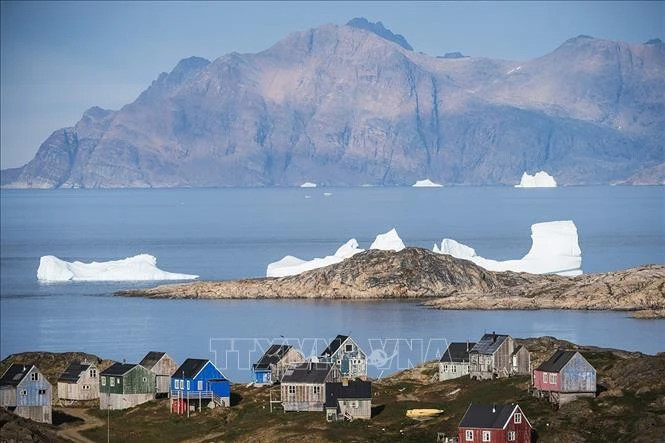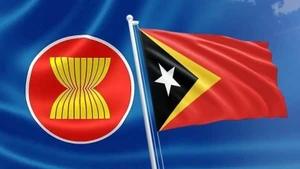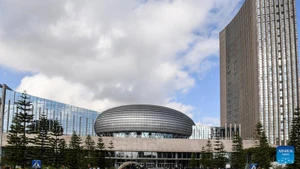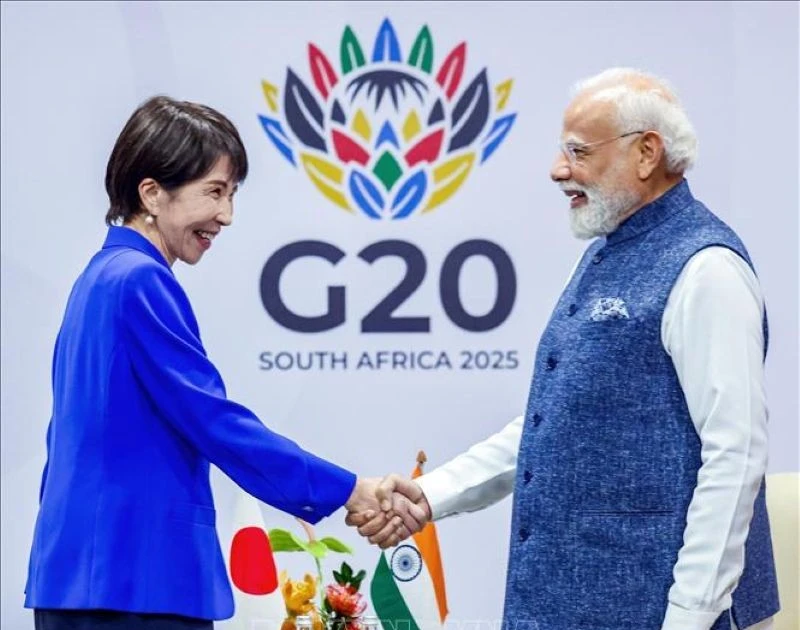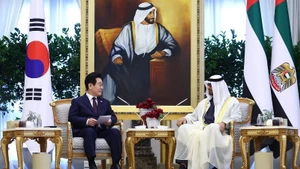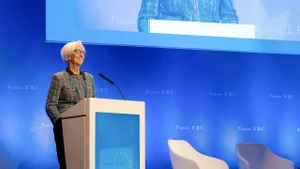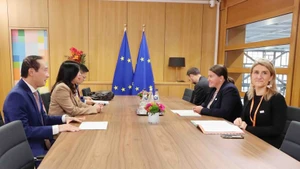As competition among powers intensifies in the Arctic due to climate change, melting glaciers and opening new shipping routes, Greenland holds significant strategic importance for the interests of both the US and Denmark, as well as other European nations.
Greenland, the world's largest island with a population of about 60,000, was a Danish colony until 1953 when it became an integral part of Denmark, and its people were granted Danish citizenship.
In 1979, Greenland was given home rule, achieving greater autonomy while still being managed by Denmark in critical areas such as foreign policy and defence. Besides its strategic location, Greenland possesses vast untapped reserves of oil and minerals, although oil and uranium exploration is currently prohibited.
The shrinking sea ice in the Arctic has spurred a race among global powers for control over resources and shipping routes. Denmark, responsible for Greenland's security and defence, has also increased its oversight in this regard.
The issue of Greenland's sovereignty has recently become a focal point in US-Denmark relations after President-elect Donald Trump raised the alarm last week when he refused to rule out military intervention to bring Greenland and the Panama Canal under US control.
During his first presidential term, Trump expressed interest in buying Greenland in 2019, a proposal swiftly rebuffed by both Greenland and Denmark.
After his re-election, he threatened to apply tariffs against Denmark if it refused to sell Greenland, which he claimed was vital for US national security. He refused to rule out military or economic actions to gain control over Greenland.
However, Denmark has firmly stated that Greenland is not for sale. The Greenland government emphasised that the island's development and future are determined by its people and expressed intentions to continue collaborating with the US as one of its closest partners.
With over 80 years of defence cooperation between Greenland and the US, Egede acknowledged the necessity of establishing economic relations between the two sides and indicated that Greenland has begun dialogues to explore cooperation opportunities with Trump's incoming administration. He affirmed that Greenland is open to mining collaboration opportunities which will persist in the coming years.
Following Trump's remarks about controlling Greenland, Danish Prime Minister Mette Frederiksen revealed she had reached out to Trump over Greenland remarks. Her office proposed a phone call with him but has yet to receive an official response.
Frederiksen reiterated her belief that Trump would not attempt to seize Greenland by force and asserted that Greenland belongs to its people.
Danish Foreign Minister Lars Lokke Rasmussen confirmed that Denmark had “no ambition whatsoever to escalate some war of words.”
Many European leaders have also voiced strong opinions following Trump's remarks about acquiring Greenland, emphasising the importance of sovereignty for nations.
The European Commission (EC) issued a statement affirming that national sovereignty must be respected, which aligns with the diplomatic values and core principles pursued by the EC. The EC also highlighted that collective defence provisions under the Lisbon Treaty would apply to Greenland in case of military actions.
Nonetheless, the EC expressed a desire to strengthen transatlantic relations with the new US administration towards common goals and strategic interests.
German Chancellor Olaf Scholz stated he had contacted regional partners regarding Greenland. The German leader asserted that respecting borders is a fundamental principle of international law that all countries must adhere to.
France also reinforced EU territorial integrity by emphasising that Greenland is part of EU territory.
In light of Trump's ambiguous stance on military solutions for controlling Greenland, both Denmark and other EU members have expressed their hope for dialogue and continued economic cooperation with the US, while firmly upholding their commitment to protect the sovereignty of this geopolitically significant island.
